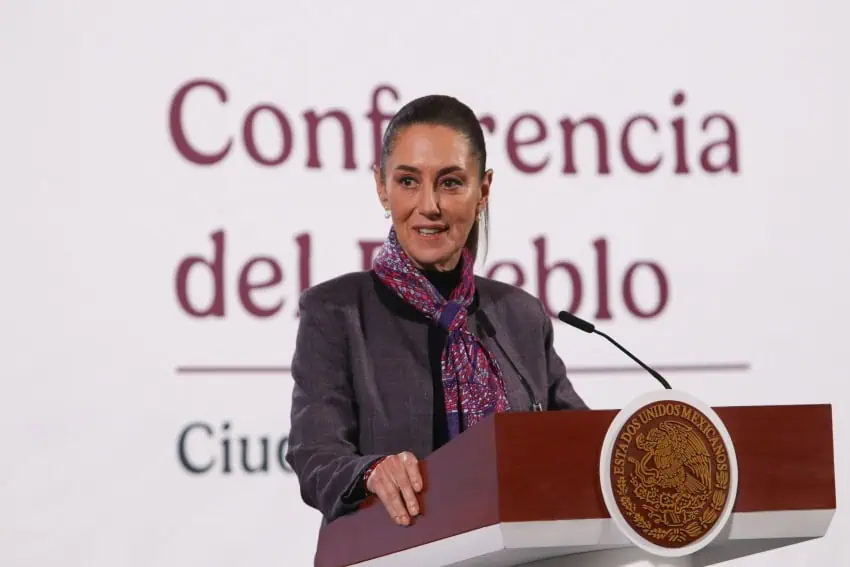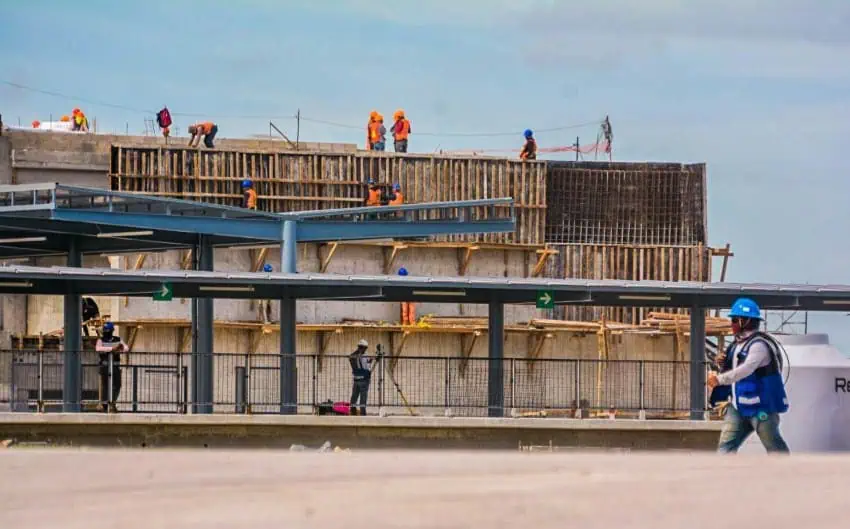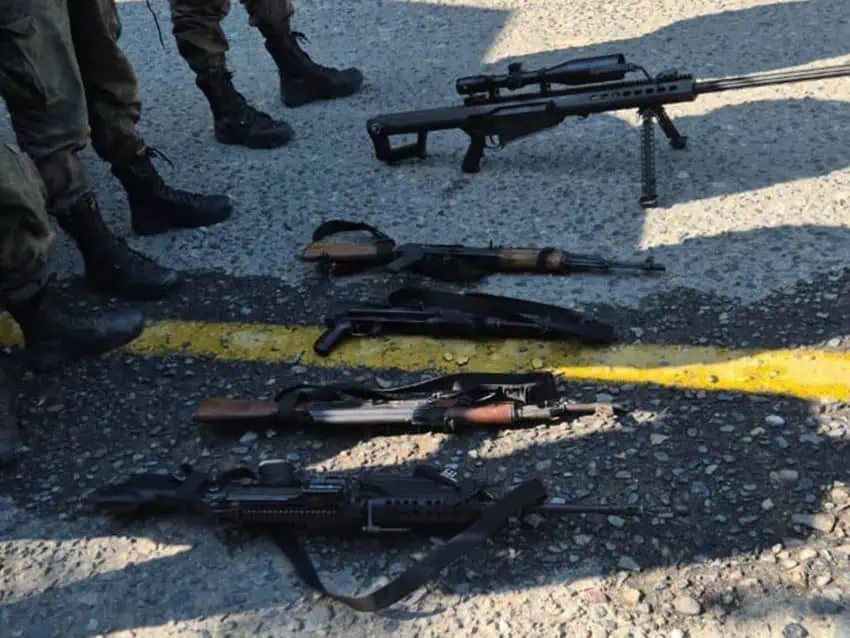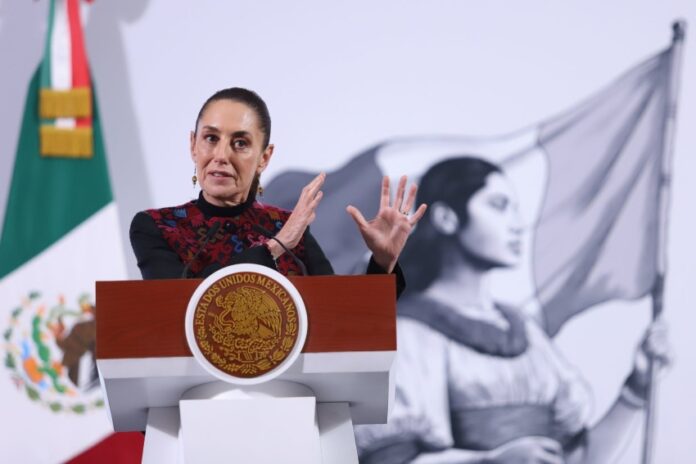President Claudia Sheinbaum revealed almost a month ago that she and her husband had moved into the National Palace, eliminating the need to commute to her weekday morning press conferences, colloquially known as mañaneras.
Sheinbaum’s press conferences commence at 7:30 a.m. — 30 minutes later than the starting time of former president Andrés Manuel López Obrador’s mañaneras — and are held in the Salón de Tesorería (Treasury Hall) of the National Palace, located in the historic center of Mexico City.

Here is a recap of some of the issues the president spoke about at her Wednesday mañanera.
Sheinbaum: Public infrastructure projects and private investment will boost formal sector employment
A reporter highlighted that formal sector employment declined last month — over 405,000 jobs were lost, the worst December result on record — and asked the president what the government was doing to increase jobs in that sector and reduce informal sector employment.
Sheinbaum noted that the number of people employed in the formal sector always declines in December, but accepted that the reduction was larger than usual last year.
She described the end-of-year decline in formal sector employment as a “seasonal issue,” noting that many workers have annual contracts that end in December.
“This year there was a larger decrease,” Sheinbaum said.

“What do we associate it with? Essentially, the completion of public works: the refinery [in Tabasco], the Maya Train, et cetera. The vast majority of these large projects that created a lot of jobs — particularly in the south-southeast — finished,” she said.
Sheinbaum said that “one part” of the jobs lost in December will be recovered when new government infrastructure projects — including rail, water and housing projects — commence.
She said that some of those projects will start in March or April.
Sheinbaum also said that private investment would spur formal sector job creation.
In the first nine months of last year, private companies, including numerous foreign ones, announced plans to invest almost US $65 billion in Mexico, while the most recent foreign investment data shows that over $31 billion flowed into the country in the first six months of 2024.
President highlights the importance of stopping the entry of firearms from US
Early in her press conference, Sheinbaum responded to Donald Trump’s announcement on Tuesday that he would rename the Gulf of Mexico the Gulf of America, and his assertion that Mexico is “essentially run by the cartels.”
Later in the mañanera, she said that such remarks wouldn’t have a negative impact on the relationship between Mexico and the United States.
“We’re going to collaborate with and understand the government of president Trump, I’m sure of that,” Sheinbaum said while stressing that her administration would defend Mexico’s sovereignty as a “free” and “independent” country.
Mexico and the U.S. will collaborate on trade, security and migration issues, she said.

“And what we’re very interested in is that the entry of weapons from the United States to Mexico stops because 75% of firearms seized [in Mexico] … come from the United States,” Sheinbaum said.
“Of course we’re going to collaborate … on everything that has to do with the trafficking of drugs, but we are also very interested in addressing the entry of weapons from the United States,” she said.
The federal government estimates that hundreds of thousands of guns are smuggled into Mexico every year. Many of those firearms end up in the hands of cartel members or other criminals.
While foreign affairs minister in 2021, current Economy Minister Marcelo Ebrard said that reducing violence in Mexico would be very difficult if the United States didn’t do more to stop the illegal flow of weapons into the country. In 2022, he said that most of Mexico was in the grip of a “firearms pandemic.”
By Mexico News Daily chief staff writer Peter Davies ([email protected])
